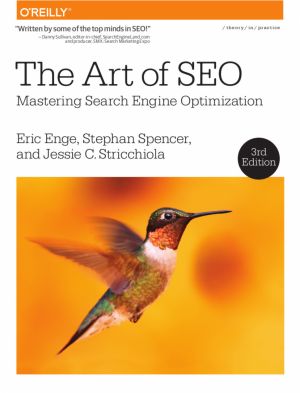
Three acknowledged experts in search engine optimization share guidelines and innovative techniques that will help you plan and execute a comprehensive SEO strategy. Complete with an array of effective tactics from basic to advanced, this third edition prepares digital marketers for 2016 with updates on SEO tools and new search engine optimization ...

Support Vector Machines (SVMs) are some of the most performant off-the-shelf, supervised machine-learning algorithms. In Support Vector Machines Succinctly, author Alexandre Kowalczyk guides readers through the building blocks of SVMs, from basic concepts to crucial problem-solving algorithms. He also includes numerous code examples and a lengthy b...
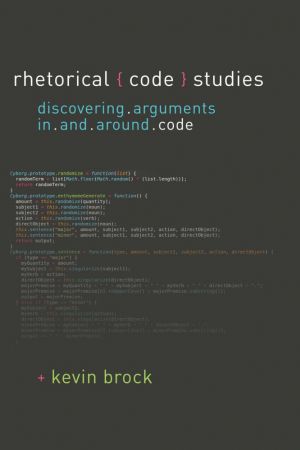
Software developers work rhetorically to make meaning through the code they write. In some ways, writing code is like any other form of communication; in others, it proves to be new, exciting, and unique. In Rhetorical Code Studies, Kevin Brock explores how software code serves as meaningful communication through which software developers construct...
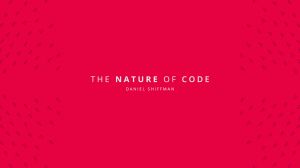
How can we capture the unpredictable evolutionary and emergent properties of nature in software? How can understanding the mathematical principles behind our physical world help us to create digital worlds? This book focuses on a range of programming strategies and techniques behind computer simulations of natural systems, from elementary concepts ...
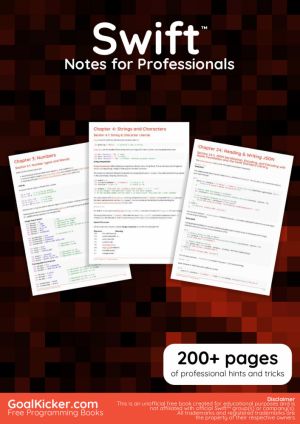
The Swift Notes for Professionals book is compiled from Stack Overflow Documentation, the content is written by the beautiful people at Stack Overflow....

A long pull of functions, combinators, & decorators, written in modern JavaScript.
"Spent the afternoon reading @raganwald's JavaScript Allongé, the Six Edition. Highly recommended. Let the refactoring begin!" - Marcus Vorwaller
"I think it's one of the best tech books I've read since Sedgewick's Algor...
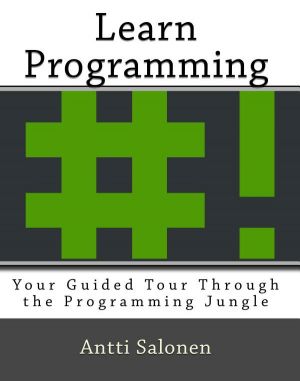
This book is aimed at readers who are interested in software development but have very little to no prior experience. The book focuses on teaching the core principles around software development. It uses several technologies to this goal (e.g. C, Python, JavaScript, HTML, etc.) but is not a book about the technologies themselves. The reader will le...
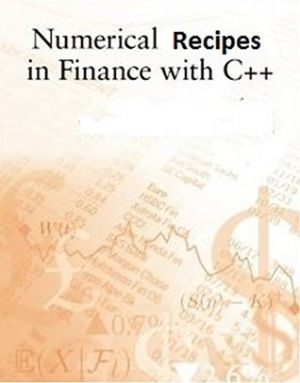
This book is a a discussion of the calculation of specific formulas in finance. The field of finance has seen a rapid development in recent years, with increasing mathematical sophistication. While the formalization of the field can be traced back to the work of Markowitz (1952) on investors mean-variance decisions and Modigliani and Miller (1958) ...
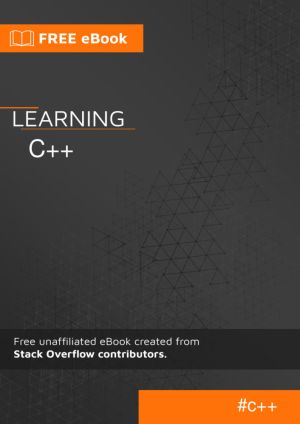
C++ is a general-purpose programming language as an extension of the C programming language, or "C with Classes". It is an unofficial and free C++ ebook created for educational purposes. All the content is extracted from Stack Overflow Documentation, which is written by many hardworking individuals at Stack Overflow....
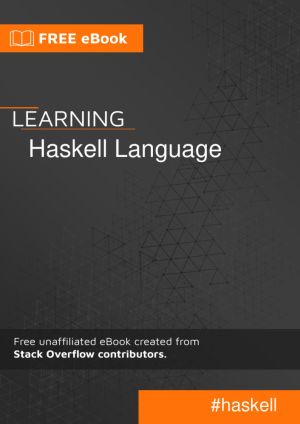
Haskell is a general-purpose, statically typed, purely functional programming language with type inference and lazy evaluation. It is an unofficial and free Haskell book created for educational purposes. All the content is extracted from Stack Overflow Documentation, which is written by many hardworking individuals at Stack Overflow....
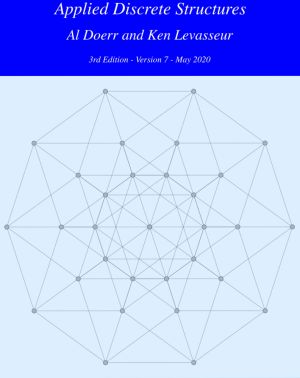
Applied Discrete Structures, is a two semester undergraduate text in discrete mathematics, focusing on the structural properties of mathematical objects. These include matrices, functions, graphs, trees, lattices and algebraic structures. The algebraic structures that are discussed are monoids, groups, rings, fields and vector spaces.
Applied D...

This open book is intended to assist teachers, teacher trainers, curriculum designers, editors and authors of textbooks in developing strategies to teach the multiplication of natural numbers based on the experience of the Lesson Study in Japan. This approach to mathematics education dates back to the 1870s and reconciles the emphasis on problem so...

This open book focuses on practical clinical problems that are frequently encountered in stroke rehabilitation. Consequences of diseases, e.g. impairments and activity limitations, are addressed in rehabilitation with the overall goal to reduce disability and promote participation. Based on the available best external evidence, clinical pathways ar...
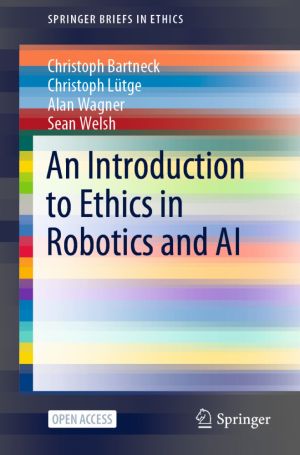
This open book introduces the reader to the foundations of AI and ethics. It discusses issues of trust, responsibility, liability, privacy and risk. It focuses on the interaction between people and the AI systems and Robotics they use. Designed to be accessible for a broad audience, reading this book does not require prerequisite technical, legal o...

This open book presents selected papers from International Symposium on Mathematics, Quantum Theory, and Cryptography (MQC), which was held on September 25-27, 2019 in Fukuoka, Japan. The international symposium MQC addresses the mathematics and quantum theory underlying secure modeling of the post quantum cryptography including e.g. mathematical s...
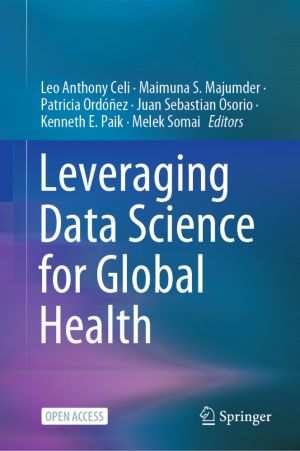
This open book explores ways to leverage information technology and machine learning to combat disease and promote health, especially in resource-constrained settings. It focuses on digital disease surveillance through the application of machine learning to non-traditional data sources. Developing countries are uniquely prone to large-scale emergin...
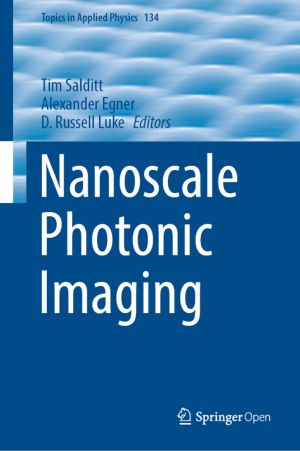
This open book, edited and authored by a team of world-leading researchers, provides a broad overview of advanced photonic methods for nanoscale visualization, as well as describing a range of fascinating in-depth studies. Introductory chapters cover the most relevant physics and basic methods that young researchers need to master in order to work ...
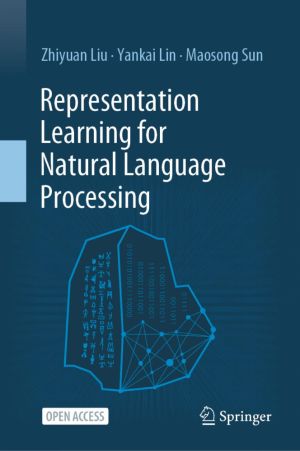
This open book provides an overview of the recent advances in representation learning theory, algorithms and applications for natural language processing (NLP). It is divided into three parts. Part I presents the representation learning techniques for multiple language entries, including words, phrases, sentences and documents. Part II then introdu...
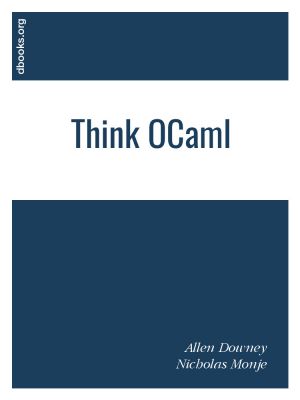
How to Think Like a Computer Scientist is an introductory programming book based on the OCaml language. It is a modified version of Think Python by Allen Downey. It is intended for newcomers to programming and also those who know some programming but want to learn programming in the function-oriented paradigm, or those who simply want to learn OCam...
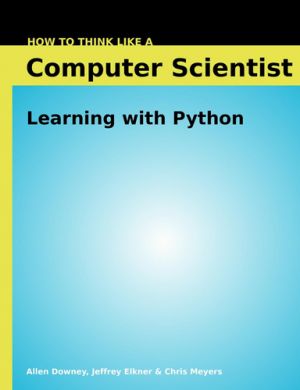
How to Think Like a Computer Scientist: Learning with Python - is an introduction to computer science using the Python programming language. It covers the basics of computer programming, including variables and values, functions, conditionals and control flow, program development and debugging. Later chapters cover basic algorithms and data structu...
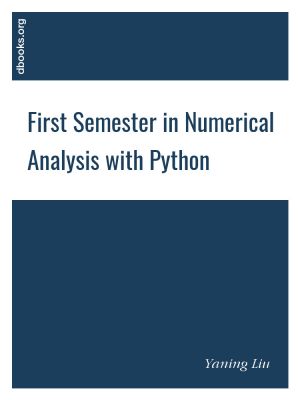
The book is based on "First semester in Numerical Analysis with Julia". The contents of the original book are retained, while all the algorithms are implemented in Python (Version 3.8.0). Python is an open source (under OSI), interpreted, general-purpose programming language that has a large number of users around the world. Python is ran...
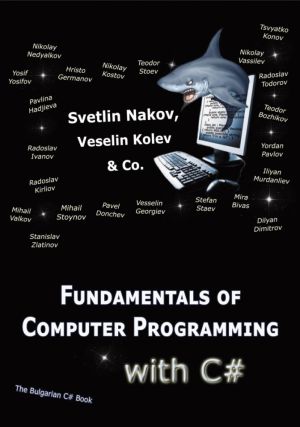
This open book aims to provide novice programmers solid foundation of basic knowledge regardless of the programming language. This book covers the fundamentals of programming that have not changed significantly over the last 10 years. Educational content was developed by an authoritative author team led by Svetlin Nakov from the Software University...
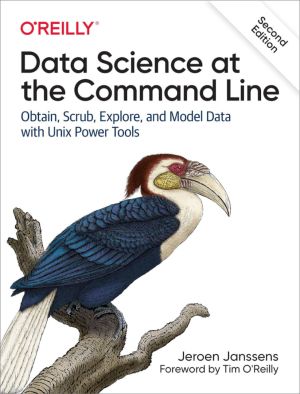
This thoroughly revised guide demonstrates how the flexibility of the command line can help you become a more efficient and productive data scientist. You'll learn how to combine small yet powerful command-line tools to quickly obtain, scrub, explore, and model your data. To get you started, author Jeroen Janssens provides a Docker image packe...
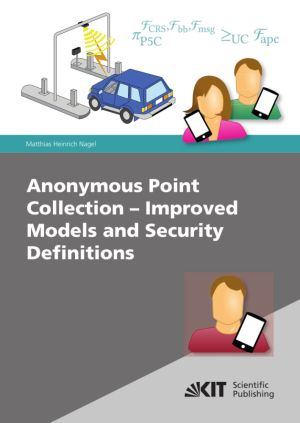
This book is a comprehensive, formal treatment of anonymous point collection. The proposed definition does not only provide a strong notion of security and privacy, but also covers features which are important for practical use. An efficient realization is presented and proven to fulfill the proposed definition. The resulting building block is the ...
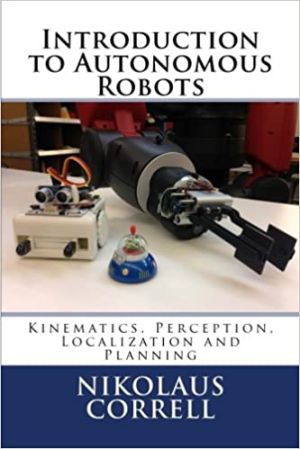
This book provides an algorithmic perspective to autonomous robotics to students with a sophomore-level of linear algebra and probability theory. Robotics is an emerging field at the intersection of mechanical engineering, electrical engineering, and computer science. With computers becoming more powerful, making robots smart is getting more and mo...
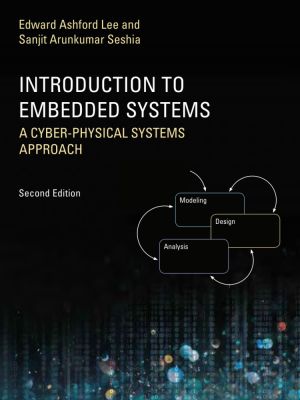
An introduction to the engineering principles of embedded systems, with a focus on modeling, design, and analysis of cyber-physical systems.
The most visible use of computers and software is processing information for human consumption. The vast majority of computers in use, however, are much less visible. They run the engine, brakes, seatbelts,...
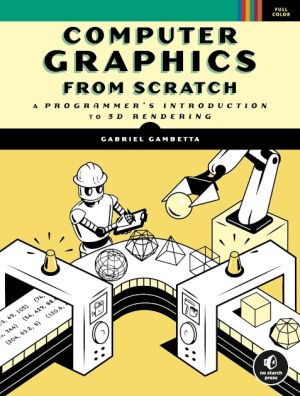
Computer graphics programming books are often math-heavy and intimidating for newcomers. Not this one. Computer Graphics from Scratch takes a simpler approach by keeping the math to a minimum and focusing on only one aspect of computer graphics, 3D rendering.
You'll build two complete, fully functional renderers: a raytracer, which simulate...
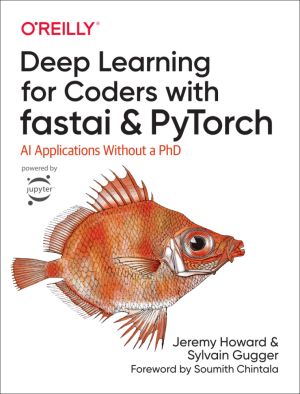
Deep learning is often viewed as the exclusive domain of math PhDs and big tech companies. But as this hands-on guide demonstrates, programmers comfortable with Python can achieve impressive results in deep learning with little math background, small amounts of data, and minimal code. How? With fastai, the first library to provide a consistent inte...
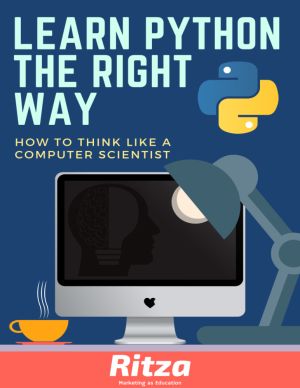
Python is a fun and extremely easy-to-use programming language that has steadily gained in popularity over the last few years. Developed over ten years ago by Guido van Rossum, Python's simple syntax and overall feel is largely derived from ABC, a teaching language that was developed in the 1980's.
However, Python was also created to s...
